UN: Afghan economy going down ‘death spiral’
The United Nations paints a grim picture of food insecurity in Afghanistan, saying the first step towards helping the situation is to salvage the country’s economy from total collapse.
Some 95 percent of Afghans do not have enough to eat and nine million are at risk from famine, UN Secretary-General Antonio Guterres told a virtual conference of donors co-hosted by Britain, Germany, and Qatar on Thursday.
"Without immediate action, we face a starvation and malnutrition crisis in Afghanistan…," he added, saying, "The first step in any meaningful humanitarian response must be to halt the death spiral of the Afghan economy."
The UN is seeking a record $4.4 billion in funding for the conflict-wracked country this year but so far has reached less than 13 percent of its goal.
Western nations in particular were urged not to abandon the Afghan people.
"Wealthy powerful countries cannot ignore the consequences of their decisions on the most vulnerable," Guterres said, referring to the United States and its allies’ actions concerning the Central Asian country.
Afghanistan has been in turmoil since the Taliban, who had previously ruled Afghanistan from 1996 to 2001, took power again on August 15 last year and subsequently announced the formation of a caretaker government.
The group’s resurgence came amid hasty and chaotic departure of American forces from the country.
The United States and its allies then largely suspended their financial assistance to Afghanistan, adding fuel to a refugee crisis that has dramatically affected Afghanistan’s neighbors.
The administration of US President Joe Biden has frozen nearly $9.5 billion in assets belonging to the Afghan central bank since the withdrawal of its occupation forces.
The International Monetary Fund (IMF) and the World Bank have also suspended activities in Afghanistan, withholding aid as well as $340 million in new reserves issued by the IMF.
VIDEO | Hind Rajab Foundation names Israeli war criminals vacationing after Gaza genocide
VIDEO | Australians rally for Gaza ahead of Christmas festivities
VIDEO | Attacks on Sana'a
Iran reports further drop in annual inflation rate in December
Israel indicts two settlers over suspected spying for Hezbollah
Iran: US airstrikes on Yemen war crimes, violation of international law
Yemeni armed forces down F-18 fighter jet, repel US-UK attack: Spokesman
Iran warns against US-Israeli plot to weaken Muslims, dominate region


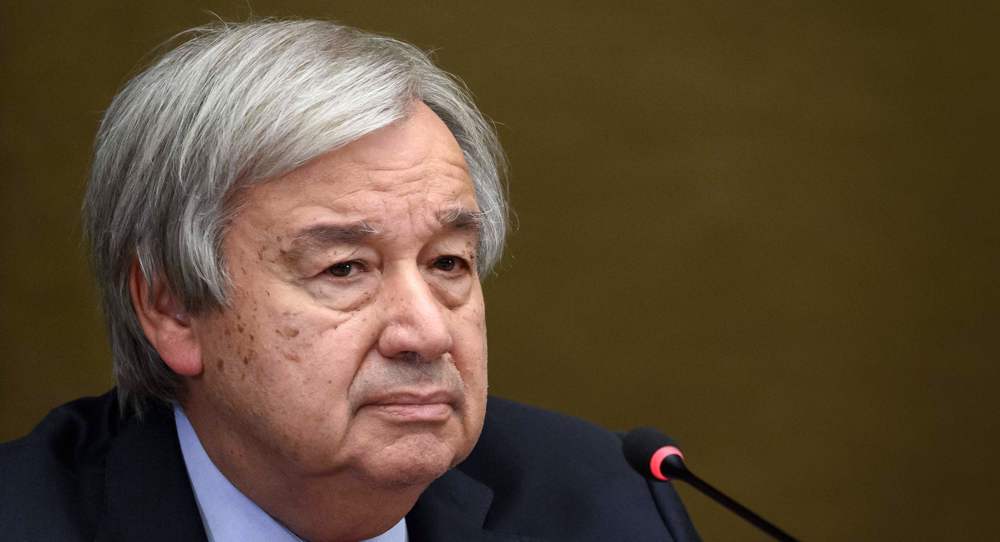

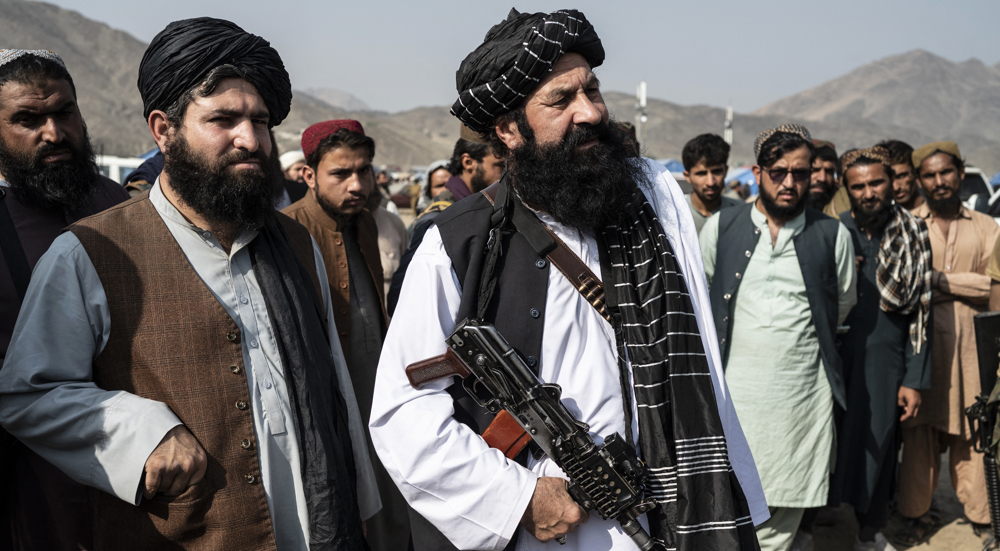




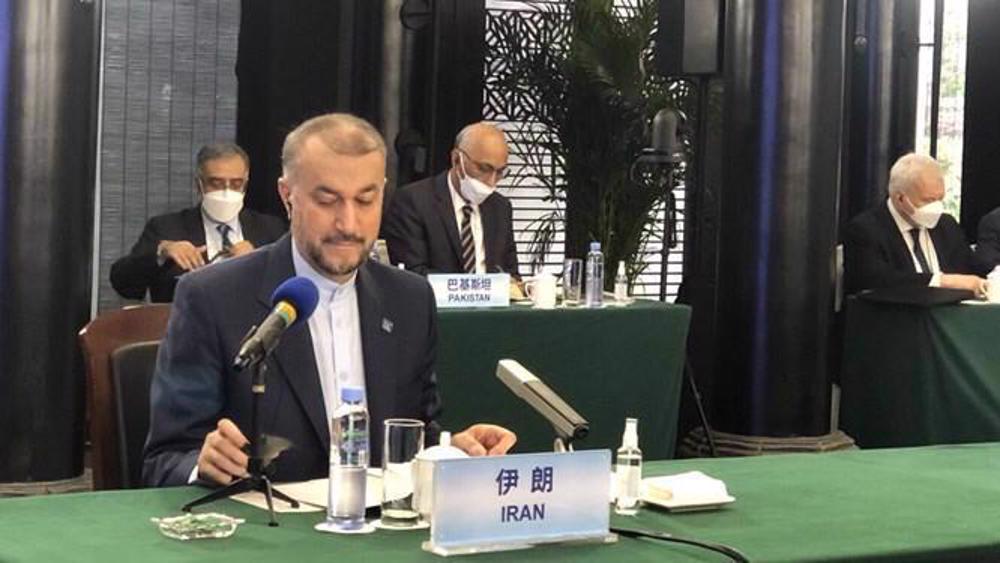
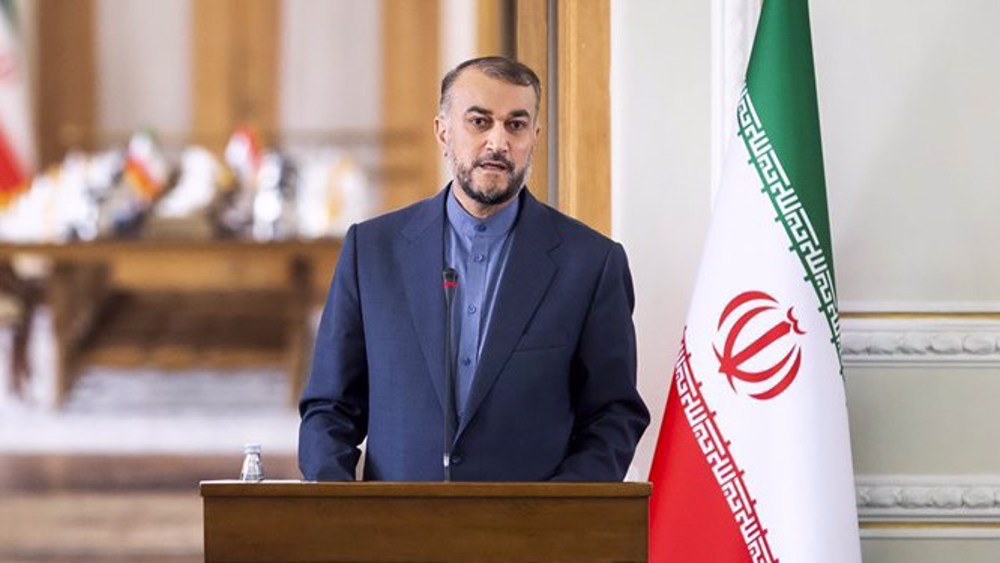
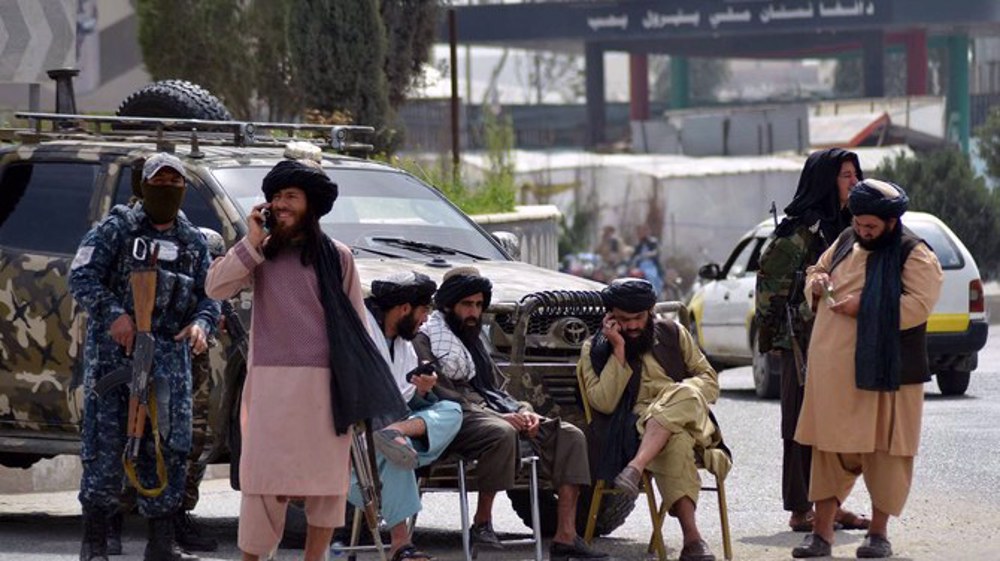

 This makes it easy to access the Press TV website
This makes it easy to access the Press TV website